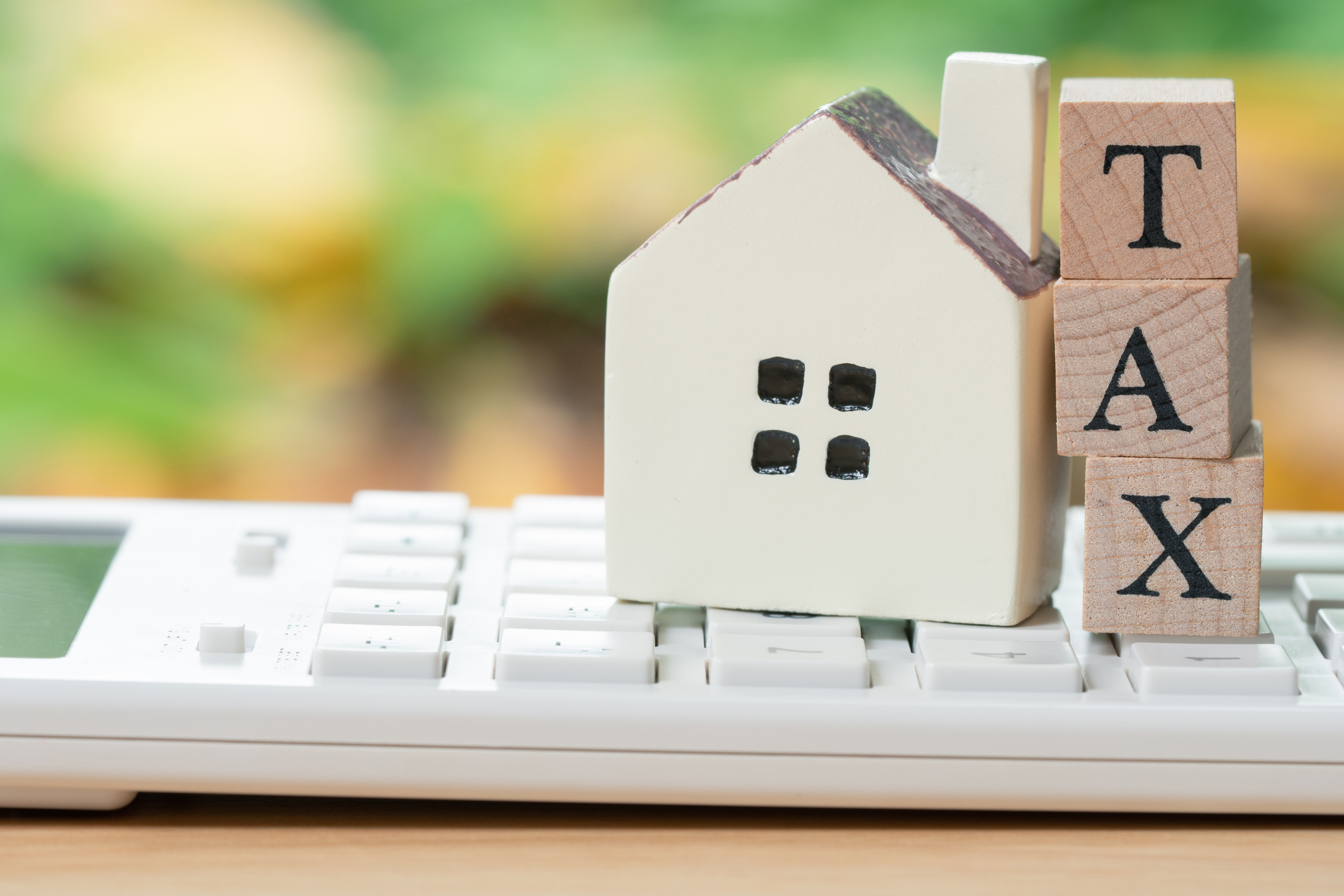
Date posted: 9th May 2023
It has been commonplace over the last several decades for individuals to be bitten by the property bug a buy a “do-er-upper” but there are varying tax issues, for property investors to be aware of.
Naturally, taking on a renovation project can be hugely appealing, particularly if the property is subsequently sold at a profit.
However, from a tax perspective, it may not always be clear-cut how any ‘profit’ should be taxed – is it a capital gain liable to capital gains tax or a trading profit liable to income tax?
Investment v trading
If a profit is made on the disposal of a residential property, by an individual, it will be necessary to determine why the asset was acquired as this may dictate whether the gain is liable to capital gains tax or income tax (and national insurance).
If the profit is liable to capital gains tax, after allowing for any available exempt amount and allowable losses, the remaining gain is essentially treated as extra income. Any gain subject to tax below the higher rate threshold will be taxed at 18% and at 28% where income and gains exceed the higher rate threshold.
Importantly, capital gains on residential property must be reported to HMRC within 60 days and the associated tax paid within the same time frame.
By contrast, if a property developer is trading and makes a trading profit, the gain is liable to income tax rather than to capital gains tax. At 20%, 40% and 45%, the income tax rates are higher than those applying for capital gains tax purposes and there are possible reliefs for other losses, pension contributions and so forth.
Where the property is owned by a company the gain/profit is taxed at the relevant corporation tax rate, so the distinction is less of an issue, but there may be different losses available and reliefs claimable.
Advice is critical before you begin to renovate the property to ensure that the most appropriate outcome can be obtained.
Importance of intention
The intention of the owner at the outset is crucial in determining whether there is an investment or a trade. For example, if a person buys a property with the intention of doing it up quickly to sell on at a profit, using the proceeds to buy another renovation project to do up and sell on at a profit, this has the hallmarks of trading. The profit on sale would be a trading profit and would be liable for income tax.
By contrast, if a person buys a property to do up and then rent out, or to use as a holiday home, the intention is to hold the property as an investment. If the property is eventually sold at a gain, the gain would be liable to capital gains tax rather than income tax.
It is important to recognise that circumstances may change, and it is here where the original intention can be particularly important. For example, if a person buys a property with a view to doing it up and letting it out for the foreseeable future, the intention at the outset is for that property to be an investment property. If, due a change in personal circumstances, the property is sold after a relatively short time realising a gain, the character of the property does not change – it remains an investment property and the gain is liable for capital gains tax not income tax.
There are different tax issues in respect of sales of commercial properties that are outside of the scope of this article.
If you have any queries regarding any elements of property taxation, please give us a call.


